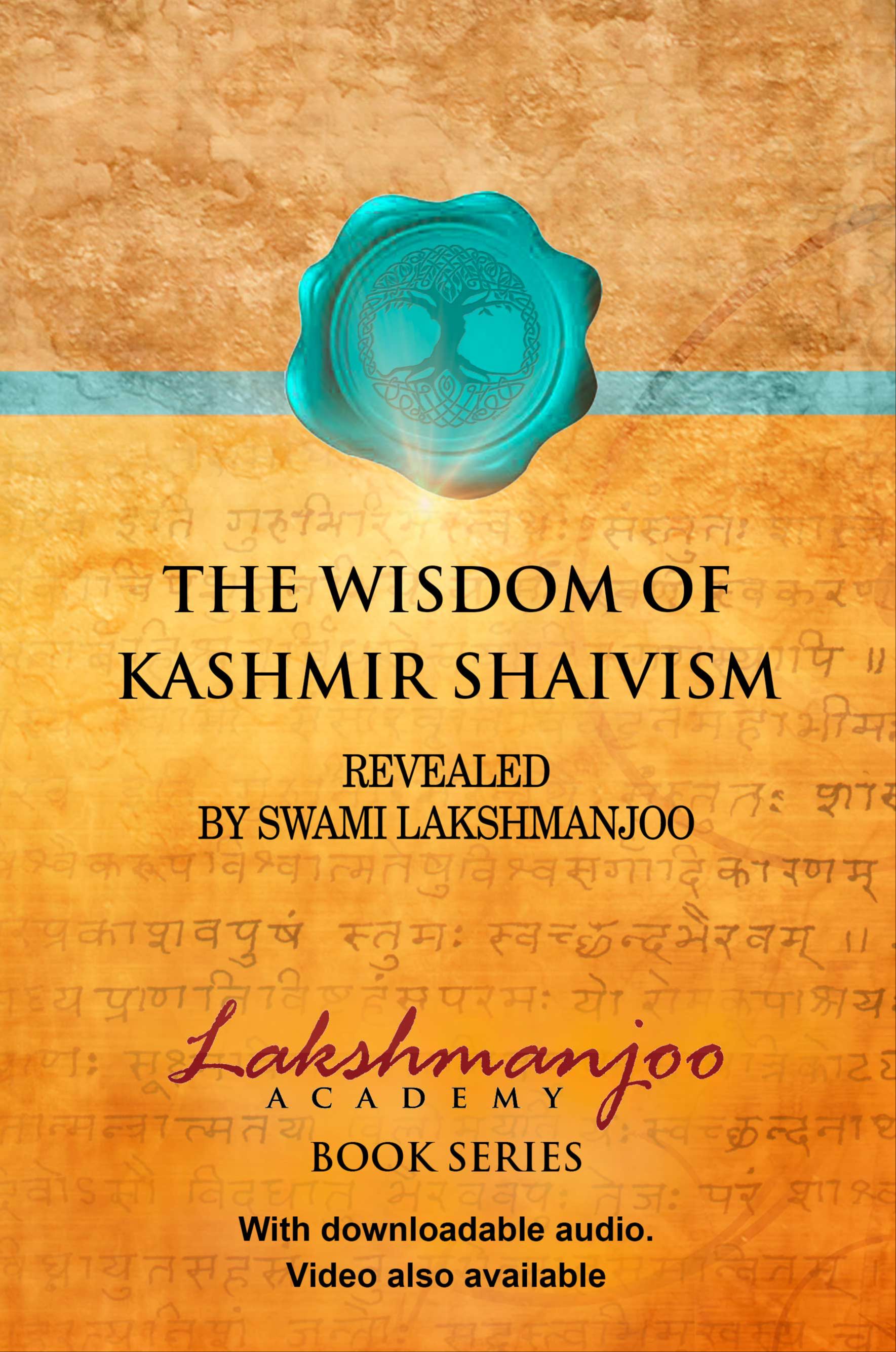
In this excerpt from the 10th chapter [Grace] from Kashmir Shaivism: The Secret Supreme, Swamiji explains why Lord Shiva doesn’t give grace to everyone.

(The text below is the transcript of the original audio and not the text of the book)
And there is another kind of grace, tivramadhyashaktipata, supreme medium shaktipata.
JOHN: Grace.
SWAMIJI: Yes. That [previous lecture] was [#1] super supreme. It is [#2] super medium.
JOHN: Super medium grace, madhyama.
SWAMIJI: Supreme madhyama. By this kind of grace of Lord Shiva one becomes perfectly illuminated. Though he does not leave his body, he is said to be pratibha guru, master who is made not by master but by his self, by his own grace. This is the meaning of pratibha guru.
JOHN: By his self in the larger sense, by the self which is Shiva.
SWAMIJI: Shiva. These kinds of masters live in this world with physical body for the uplift of mankind. These masters are not initiated at all by other gurus.
JOHN: Initiated in a sense of diksha?
SWAMIJI: Diksha, as they are self-initiated.
JOHN: So this is a spontaneous enlightenment.
SWAMIJI: Yes.
JOHN: It does not necessarily even require any preparation beforehand.
SWAMIJI: Nothing.
JOHN: One could be walking down the path and then be there.
SWAMIJI: Because it has come direct from Lord Shiva, this grace is traveling from Lord Shiva to individual being.
JOHN: Does Shaivism speak of deserving? In other words the man would have to deserve this grace to receive this grace or?
SWAMIJI: There is no question of deserving. Grace can shine on anybody.
JOHN: Shine on anybody. Then to the question of why is there suffering or why do some people receives grace and other people don’t receive grace? Why doesn’t Lord Shiva give his grace to everyone.
SWAMIJI: But they don’t want.
JOHN: They don’t want?
SWAMIJI: Actually they don’t want because they want to suffer.
JOHN: They want to suffer?
SWAMIJI: They want to suffer.
JOHN: By their own tendencies?
SWAMIJI: By their own tendencies, wrong tendencies.
JOHN: So a man has to at least have turned himself to want?
SWAMIJI: But that turning is also dependent to Lord Shiva.
JOHN: So we could say then that man suffers because of Lord Shiva's will . . .
SWAMIJI: Suffers because of Lord Shiva's will.
JOHN: . . . and he wants to suffer because of Lord Shiva's will. Doesn’t that present any difficulty though?
SWAMIJI: There is no argument, because if he argues then he does not want to suffer. If he does not argue at all, he suffers, he suffers, suffers, suffers, in continuity. At the time when he argues that he is suffering, he wants to come out, Lord Shiva's grace shines on him . . .
JOHN: . . . and brings him out.
SWAMIJI: . . . and brings him out.
JOHN: But then, for example in Christianity the question is often raised, why didn’t the Christian God, if he is all powerful, created such a world that no one would suffer? Isn’t he an evil or a God that has not the best interest for man in heart?
SWAMIJI: But suffering and not suffering is only play of God, Lord Shiva.
JOHN: Both?
SWAMIJI: Because if you suffer and at the same time if you enjoy, there is no question of suffering. If you suffer at particular time and at that very moment you are enjoying in other side, there is no question of suffering. So there is no question of rise. It is the play of Lord Shiva.
JOHN: Just a play of Lord Shiva.
SWAMIJI: Suffering, not suffering, pleasure, pain, sorrow, happiness it is all his will.
JOHN: Are all these emotions real? Are they real things like . . .
SWAMIJI: It is a play. There is no question of reality and unreality.
JOHN: Because the essential nature of Lord Shiva is ananda, one of the powers of Lord Shiva, ananda.
SWAMIJI: This is the outcome of ananda.
JOHN: Outcome of ananda?
SWAMIJI: Ananda is suffering and not suffering.
JOHN: Suffering also?
SWAMIJI: Yes.
JOHN: Then out of bliss can come . . .
SWAMIJI: Yes, when you are overwhelmed with bliss you want to ignore bliss, that is ananda, you want to leave that bliss.
JOHN: So leaving bliss is suffering.
SWAMIJI: Suffering. And that leaving is also with your own will.
JOHN: With our own will. So then evil could be said to be the lack of good or the lack of bliss.
SWAMIJI: Absolutely.
JOHN: It is not a real thing in itself. It is just a lack of that other thing.
SWAMIJI: Lack of other thing.
Come back here next week to find out about the remaining levels of grace (see chart below) or sign up for our weekly Blog and get it delivered to your inbox.

Source: Chapter 10 [Grace] Kashmir Shaivism: The Secret Supreme, revealed by Swami Lakshmanjoo
You can find out more about "GRACE ON THE SPIRITUAL PATH" in this 4-part online course consisting of an in-depth study of the concept of grace in Kashmir Shaivism with many audio examples of lectures given by Swami Lakshmanjoo to John and Denise Hughes. Together with George Barselaar, a close disciple of Swami Lakshmanjoo, they elaborate and discuss the subject of grace on the spiritual path.
All Content is subject to Copyright © John Hughes.






